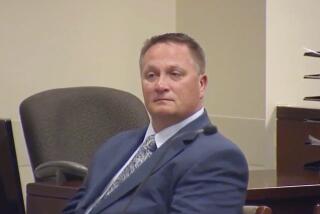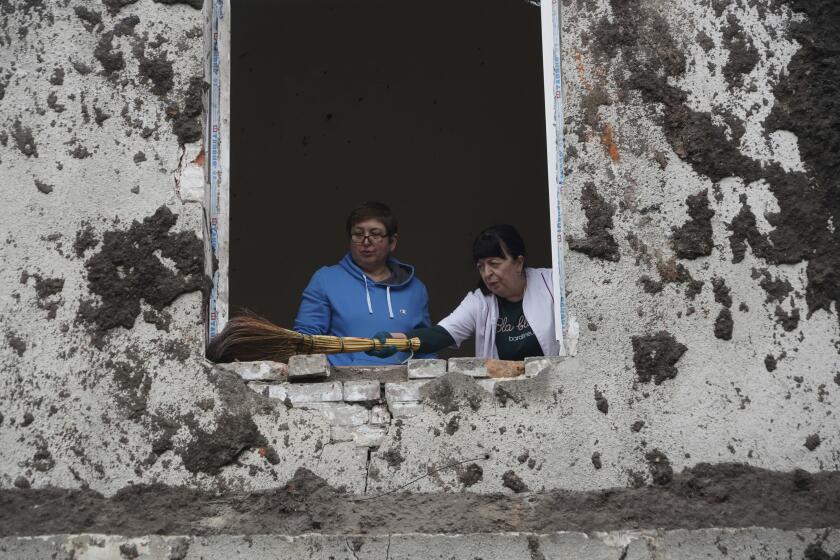Brazil’s flash floods and mudslides leave at least 470 dead
Emergency crews were working feverishly to reach survivors of flash floods and mudslides in Brazil that have killed at least 470 people and left nearly 14,000 homeless after torrential summer rains, authorities said Thursday.
Massive mudslides in the heavily damaged mountainous area north of the city of Rio de Janeiro could take until Saturday to clear, increasing fears of a rising death toll as rain remained in the forecast, authorities said.
Many residents were without electricity. Roads were blocked.
Cmdr. Jose Paulo Miranda of the Rio de Janeiro state fire department said hundreds of rescuers were doing whatever possible to reach victims, including using heavy equipment to clear debris.
“The aftermath of the rains was disastrous,” Miranda said. “We have many slides, too much mud and lots of destroyed houses.”
Officials said hundreds of people were killed in three Rio state towns after slides occurred about 3 a.m. Wednesday. The state’s civil defense department reported numerous deaths in Nova Friburgo, Teresopolis and Petropolis.
Aerial television footage showed much of Nova Friburgo covered in mud and detritus. Three firefighters involved in the rescue operation drowned when their car was overtaken by flash floods.
President Dilma Rousseff observed the region by helicopter Thursday and promised “firm action” to bring relief and reconstruction aid to victims. The government pledged more than $400 million in assistance for the area.
Flooding in southeastern Brazil since late December had already killed many people, officials said. The annual rainy summer season can be especially devastating to the poor, who often live in modest homes perched on steep hillsides.
Officials said the area hit by mudslides this week experienced more than 10 inches of rain in less than 24 hours. More rain was expected through the weekend.
City, state and federal officials all blamed lax government safety measures for contributing to the heavy toll in the area around Rio de Janeiro.
“There has been permissiveness for decades about building houses on steep slopes,” Sergio Cabral, governor of Rio de Janeiro state, told a radio reporter. “If rigid standards were applied, we’d still have victims, but not a [death] toll that’s approaching 500.”
Special correspondents Soares and Kraul reported from Sao Paulo and San Agustin, respectively. Times wire services were used in compiling this report.
More to Read
Start your day right
Sign up for Essential California for news, features and recommendations from the L.A. Times and beyond in your inbox six days a week.
You may occasionally receive promotional content from the Los Angeles Times.






